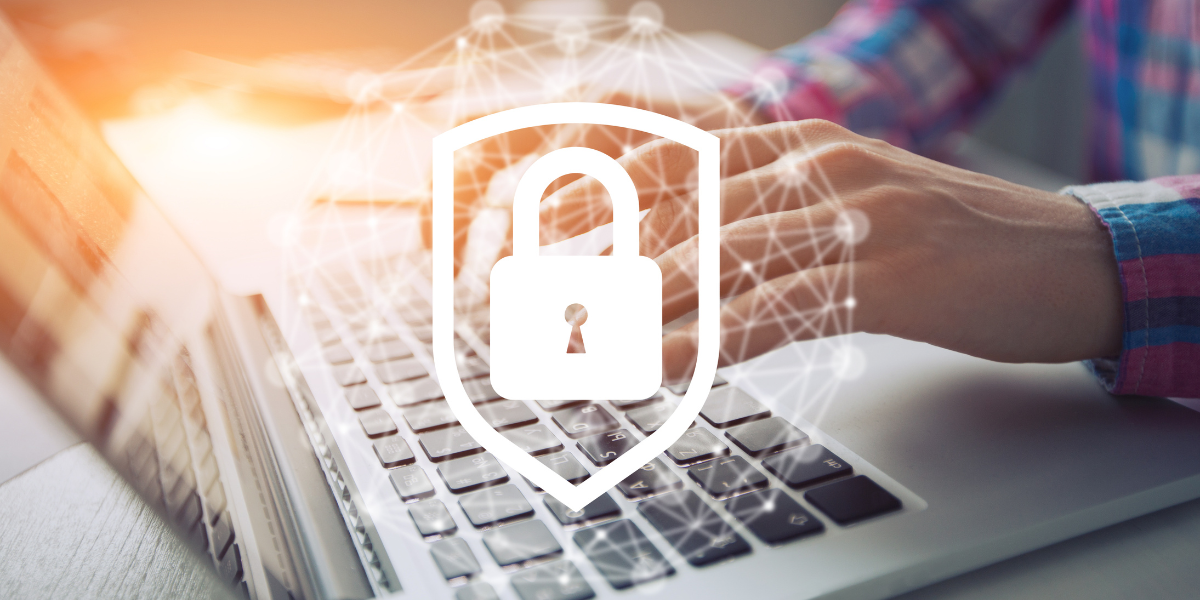Data privacy issues continue to be a major topic in e-discovery and litigation, but it can be hard to know exactly what is required by law when it comes to protecting client information.
This article discusses how the e-discovery process needs to be handled differently than regular work, how attorneys can help ensure data privacy and why that matters, and what can happen if e-discovery doesn’t follow the rules.
What is E-Discovery?
This relates to gathering electronically stored information (ESI), such as email, text messages, spreadsheets, photos, and databases that may be relevant during litigation. Throughout the e-discovery process, data protection and privacy are critically important.
In addition to legal cases, other examples of where e-discovery might come into play include internal investigations; regulatory compliance audits; intellectual property infringement claims; shareholder disputes; and public records requests.
What is Data Privacy?
An individual’s right to privacy is protected under various laws and constitutional rights. In simple terms, it means that information about you should be kept private unless you give your permission for that information to be made public.
There are exceptions, however, such as when it’s required by law or a government agency (like a court) requests access. When someone has given their consent, they can revoke that consent at any time.
It’s important to understand what data privacy means when dealing with e-discovery because there are often sensitive pieces of information involved in litigation cases; if handled improperly, they could potentially cause harm to those involved—which isn’t good for anyone.
What Are Some Concerns About Privacy Violations?
There are two main concerns about privacy violations. The first is what happens if there is a data breach and personal data is stolen or released. This could be as minor as a hacker gaining access to your website, or as major as a state-sponsored attack on your company.
The second concern is what happens when you accidentally violate privacy laws by mishandling information during e-discovery. In either case, your customers or clients will have their information exposed, which could lead to identity theft and other problems.
You should have an understanding how laws like the GDPR might impact your e-discovery. For example, due to data privacy laws, if you’re involved in a private lawsuit that involves discovery, you may not be able to review all of your opponent’s files.
But what exactly is data privacy? It refers not only to data security but also privacy issues relating to information law. To understand your rights and responsibilities under data privacy law, read on!
What Can You Do to Prevent Data Privacy Violations?
Being aware of the personal information you have on file and keeping it secure is crucial. If you don’t want your data used or shared without your permission, then make sure you’re not doing any of these things
- Don’t provide too much info on social media: You should be selective about what you post online—and that includes everything from your location (there are apps that track where you are at all times) to details about your job (you never know who might try to hack into your account).
- Be careful with email: If possible, use a different email address for work than for social media so that private messages can stay private.
- Don’t sign up for a free trial that requires an email address;
- Don’t use public computers to access sensitive accounts (like banking);
- Change passwords often;
- Check privacy policies before downloading an app;
- Use a different password for each account.
These simple steps can help ensure that your private information stays private.
What to Do in Case of a Breach
When you suspect that your private information has been accessed without permission, you should contact your state Attorney General’s office. If there is a breach of medical records and health insurance information, call your healthcare provider directly.
Every state has different laws about how long businesses have to notify individuals if there has been a breach or unauthorized access. Each state also determines what counts as private information and what actions can be taken when there is a breach or unauthorized access of personal data.
If you have questions, find an attorney who specializes in privacy laws. These attorneys usually have experience with data privacy and can offer insight on what you or your company is likely to face.
Be sure not to assume that lawyers will know everything about a new law—many law offices might need some time for everyone to become familiar with all of its details, which can take weeks or months after it goes into effect.
Reducing Risks
There are many ways you can reduce your risk in privacy and e-discovery. Some of them are general, like doing backups; while others are specific to your situation, like storing less data or only saving data that is relevant to your business.
But regardless of how you go about it, reducing privacy and e-discovery risks is a good practice that will pay off if you ever need it. In most cases, organizations have more control over what happens during the early stages of e-discovery than they do over what happens during later stages. For example, an organization might decide not to collect certain types of information at all—or simply not save certain information as part of its regular operations. If there’s no data on hand to be collected and preserved, then there won’t be any left for later stages in discovery.
Conclusion
Data Mining or e-discovery is steadily improving but data privacy is enhancing the guiding rules or laws that do not meet litigation or investigation demands. You or your counsel should understand the compliance needed to avoid data breaches that are not permissible by law.
Be intentional and plan to avoid facing data breach issues during litigation or business transactions.

